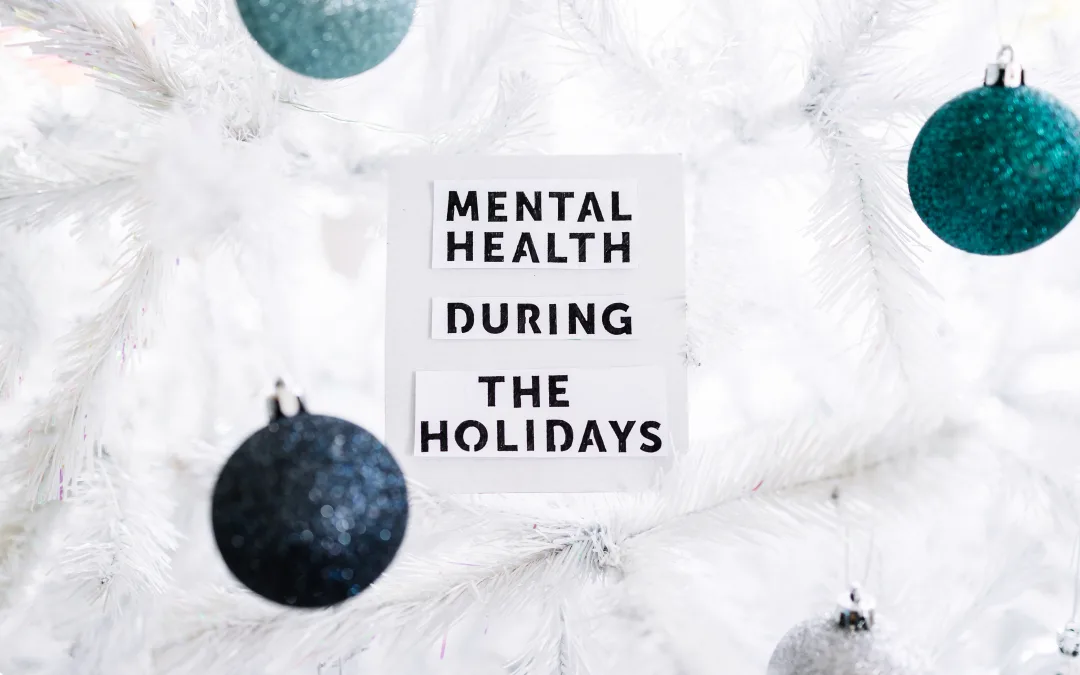
New Year’s Resolutions for Better Mental Health in 2025
Want to improve your mental health in 2025? Discover effective New Year’s resolutions to build emotional resilience, set realistic…

Want to improve your mental health in 2025? Discover effective New Year’s resolutions to build emotional resilience, set realistic…

While the holidays can bring people together, they can also magnify feelings of sadness…

Struggling with seasonal depression or SAD? Explore how TMS therapy can offer lasting relief. Learn about the symptoms, …

Explore the complexities of grief after suicide loss, including common feelings of guilt and depression, and how…





